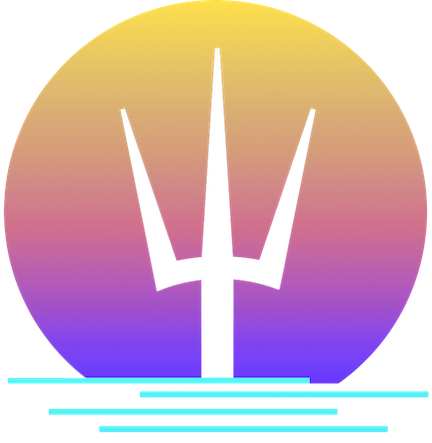
We talked to Jose Guaro — former student of computer science teacher and advocate Art Lopez and creator of high school hackathon TritonHacks — about his entry into the CS field and the importance of CS education equity. Now a software engineer, Jose is determined to open up CS pathways for all students, through events like hackathons, in our increasingly digital world. Dig into Jose’s story.
My first time coding was purely out of curiosity. It was the summer before my junior year of high school, and I was set to start AP Computer Science A in the fall. It was a class I didn't know much about and enrolled in on a whim. Since it was an AP class, I knew it was going to be hard, so I decided to prepare myself beforehand. To do so, I bought an introductory programming book on Python, which I treated as my own summer reading. I was surprised when I later learned that we were going to use Java in the class, but the skills were easily transferable.
I really loved playing with Legos growing up. As I grew older and learned how to code, I realized that building with Legos and creating a program felt very similar. A programming project is never complete — there will always be bugs and features to fix and add — but there does come a point in a project where one can step back and say, “Wow, I really built this.” I think this is the best part about computer science and coding; we're allowed to fail and then get back up to keep learning and building.
TritonHacks is a high school hackathon that is open to the high schoolers in San Diego County. The hackathon was created to address issues of equity and access in K-12 CS education by providing students with a time to create and learn in the hopes of encouraging them to pursue computational fields.
I drafted the original idea for TritonHacks back in fall 2018. I had just become the president of a student organization at UCSD called CS foreach, which I helped co-found the year before. I was very enthusiastic about projects that the organization could do under my leadership and decided to plan a hackathon.
For anyone that's been to a hackathon or conference (notably in-person), there's a certain collaborative energy that comes with such an event. People from all over gather in one place to create and work together on projects. It's oddly fulfilling, and I thought I could bring that same energy to beginners, who are on the fence about coding and CS. Now, as a recent graduate, I serve as an advisor for the current leadership of TritonHacks.
TritonHacks 2022 is set for May 2022, so we're currently in the planning stages for the event. In the meantime, CS foreach — the parent organization behind TritonHacks — has many other upcoming outreach events, which you can check out here.
My passion for equitable CS education did not come from a favorable experience. I went to a high school in Southern San Diego, whose computer science program was in its infancy — which was also true for many other schools in the district and nearby region. I didn't fully realize this until I attended UCSD, where most of my peers had exposure to CS as young as middle school. I felt wholly unprepared for my education and career prospects, not to mention that I lacked a significant support system.
I didn't want other students from similar backgrounds to experience that upon entering college, and felt an innate obligation to do something about it. This led me to co-found CS foreach and eventually attempt projects, like TritonHacks — all to make sure that students like me have a chance.
We're in an era of information and, increasingly, every aspect of our lives is tied to some form of computation. It's important that we equip the current and future generations with every tool, as well as the necessary knowledge, to prepare them for our technology-driven world.
If you’re interested in implementing equity-minded computer science courses in your school, district or county, check out our CSforCA Equity Guide.